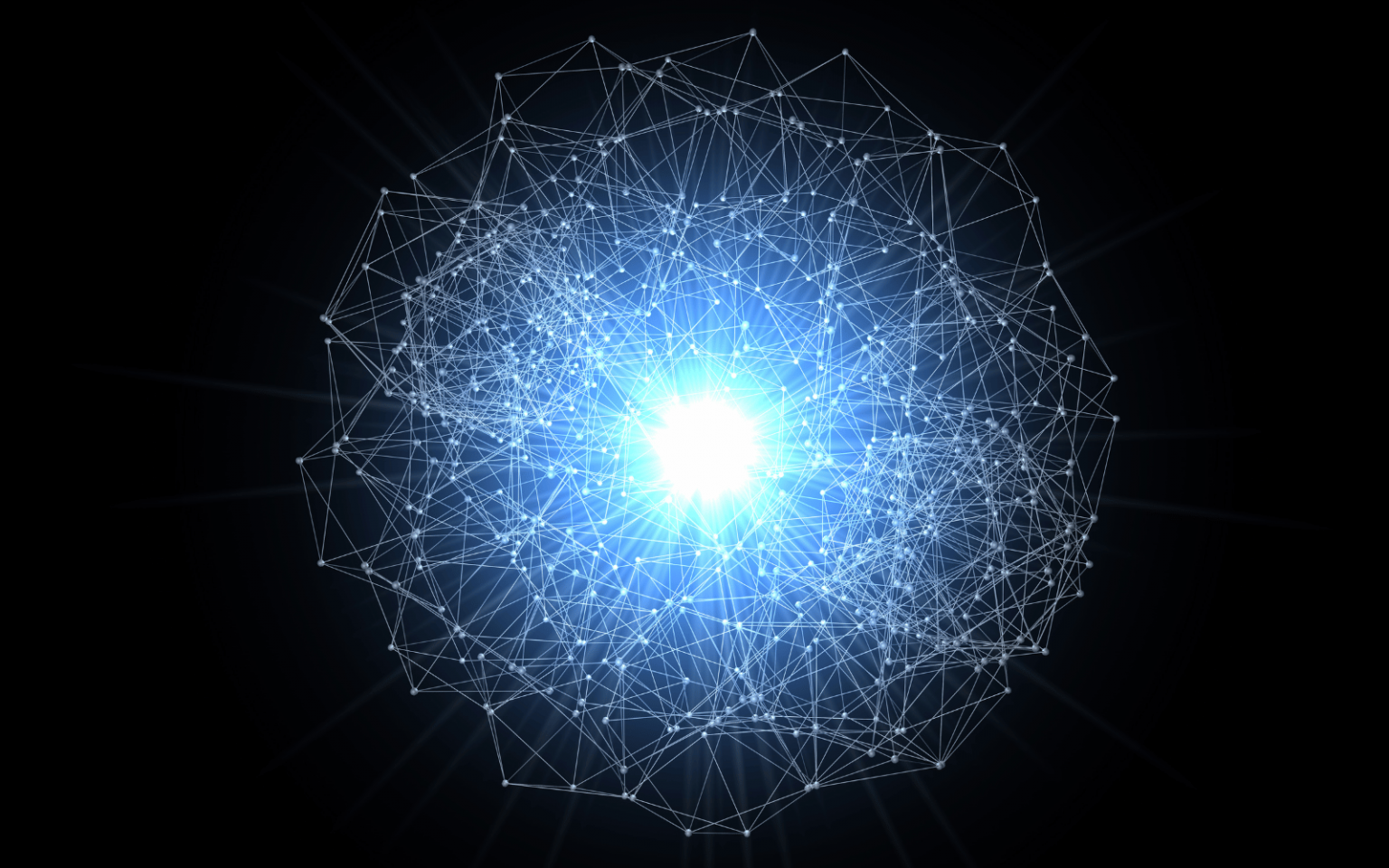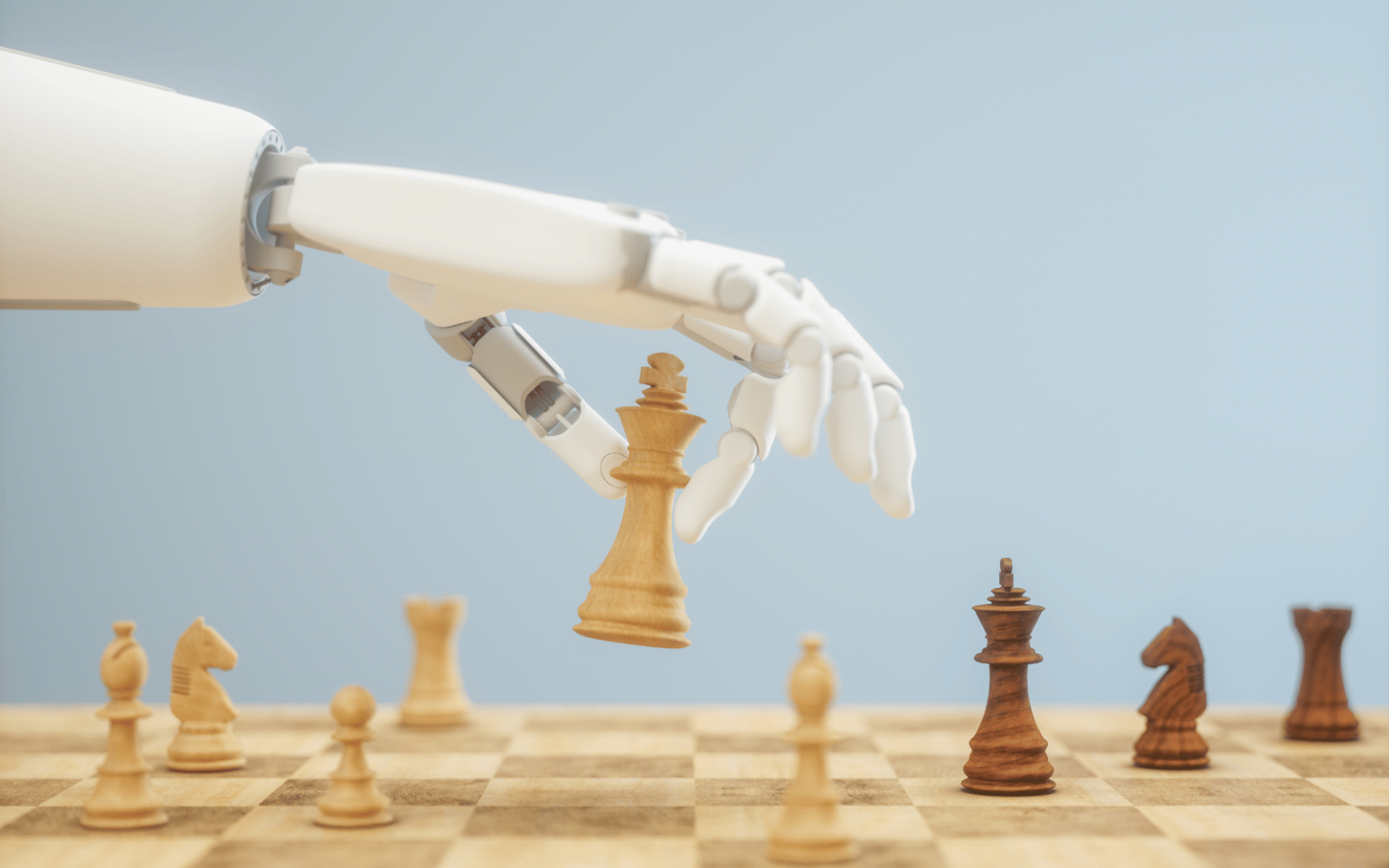The future of automobiles is electric, but many people worry about the safety of today’s electric vehicles. Public opinion about EV crash safety often hinges on a few high-profile fire incidents. Those safety concerns are arguably misplaced, and the actual safety of EVs is more nuanced. I’ve researched vehicle safety for more than two decades, focusing on the biomechanics of impact injuries in motor vehicle crashes. Here’s my take on how well the current crop of EVs protects people: The burning question EVs and internal combustion vehicles undergo the same crash-testing procedures to evaluate their crashworthiness and occupant protection. These tests are conducted by…
Author: The Conversation
A ghost is haunting our universe. This has been known in astronomy and cosmology for decades. Observations suggest that about 85% of all the matter in the universe is mysterious and invisible. These two qualities are reflected in its name: dark matter. Several experiments have aimed to unveil what it’s made of, but despite decades of searching, scientists have come up short. Now our new experiment, under construction at Yale University in the US, is offering a new tactic. Dark matter has been around the universe since the beginning of time, pulling stars and galaxies together. Invisible and subtle, it doesn’t seem to interact with light or…
Social media apps regularly present teens with algorithmically selected content often described as “for you,” suggesting, by implication, that the curated content is not just “for you” but also “about you” – a mirror reflecting important signals about the person you are. All users of social media are exposed to these signals, but researchers understand that teens are at an especially malleable stage in the formation of personal identity. Scholars have begun to demonstrate that technology is having generation-shaping effects, not merely in the way it influences cultural outlook, behavior and privacy, but also in the way it can shape personality among those…
If you’ve spent time on Facebook over the past six months, you may have noticed photorealistic images that are too good to be true: children holding paintings that look like the work of professional artists, or majestic log cabin interiors that are the stuff of Airbnb dreams. Others, such as renderings of Jesus made out of crustaceans, are just bizarre. Like the AI image of the pope in a puffer jacket that went viral in May 2023, these AI-generated images are increasingly prevalent – and popular – on social media platforms. Even as many of them border on the surreal, they’re…
The social psychologist Jonathan Haidt’s new book The Anxious Generation delivers an urgent call for action. Haidt argues that the evidence is in. Teenagers’ widespread use of smartphones is causing a mental health crisis. Individual, collective and legislative action is required to limit their smartphone access. Haidt begins his book with an allegory. Imagine someone offered you the opportunity to have your ten-year-old child grow up on Mars, even though there is every reason to believe that radiation and low gravity could greatly disrupt healthy adolescent development, leading to long-term afflictions. Surely, given the risks, you would refuse the offer. A decade ago,…
You probably know better than to click on links that download unknown files onto your computer. It turns out that uploading files can get you into trouble, too. Today’s web browsers are much more powerful than earlier generations of browsers. They’re able to manipulate data within both the browser and the computer’s local file system. Users can send and receive email, listen to music or watch a movie within a browser with the click of a button. Unfortunately, these capabilities also mean that hackers can find clever ways to abuse the browsers to trick you into letting ransomware lock up your files…
South Africa has for many years been a strong player in several areas of world-class research. Some of the country’s researchers have made major contributions in areas like the biomedical sciences, palaeontology and astronomy Good research matters. It can have broad, positive consequences. On paper South Africa’s government recognises this. The 2019 White Paper on Science, Technology and Innovation points out how knowledge from many disciplines interacts to deepen awareness of South Africa’s serious and long-standing challenges, like energy, food security and inequality. More importantly, this knowledge can be used to tackle these problems. To this end, the Department of Higher Education and…
Note: The following article contains spoilers about the Netflix series “3 Body Problem.” I first encountered the three-body problem 60 years ago, in a short story called “Placet is a Crazy Place” by American science fiction writer Frederic Brown. In Brown’s story, Placet is a planet in a figure-of-eight orbit around two stars, one of which is composed of ordinary matter, the other of anti-matter. The closeness of the two stars cause time and space to become wonderfully distorted so that Placet can eclipse itself. But, intriguingly, the orbit is assumed to be stable and predictable. Chinese science fiction writer Liu…
We breathe oxygen and nitrogen gas in our atmosphere every day, but did you know that these gases also float through space, around and between galaxies? Our team captured a high-resolution view of how these elements make it so far out into the universe. Our study is now published in Monthly Notices of the Royal Astronomical Society. Gas outflows from galaxies happen when supernovae – the explosive deaths of stars – eject a mixture of gas and heavy elements such as oxygen, sulphur and even nickel. In addition to “polluting” space with heavy elements, these outflows also play a key role…
The rise of commercially viable generative artificial intelligence (AI) has the potential to transform a vast range of sectors. This transformation will be particularly profound in contemporary military education. Generative AI will fundamentally reshape war gaming — analytical games that simulate aspects of warfare at tactical, operational or strategic levels — by allowing senior military and political leaders to pursue better tactical solutions to unexpected crises, solve more complex logistical and operational challenges and deepen their strategic thinking. The art of war gaming From its inception, war gaming has been intended to offer realistic training to commanders that could otherwise only be gained through…










